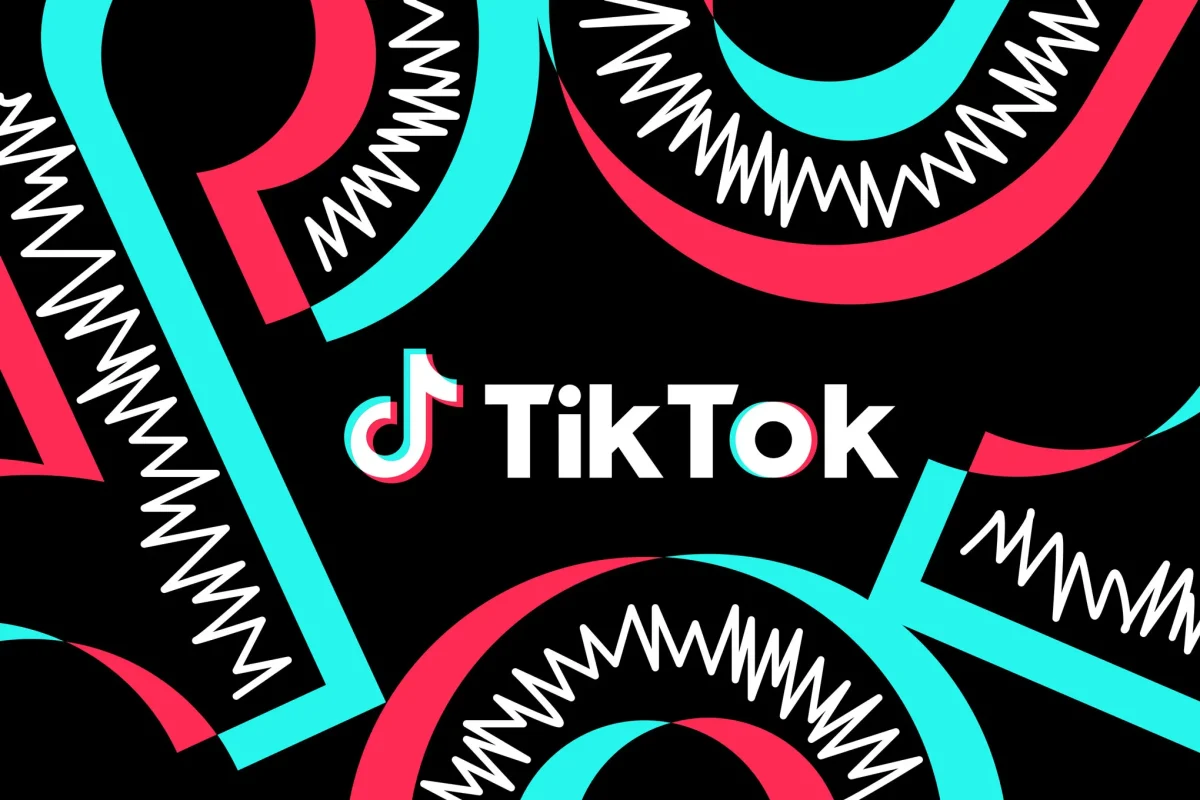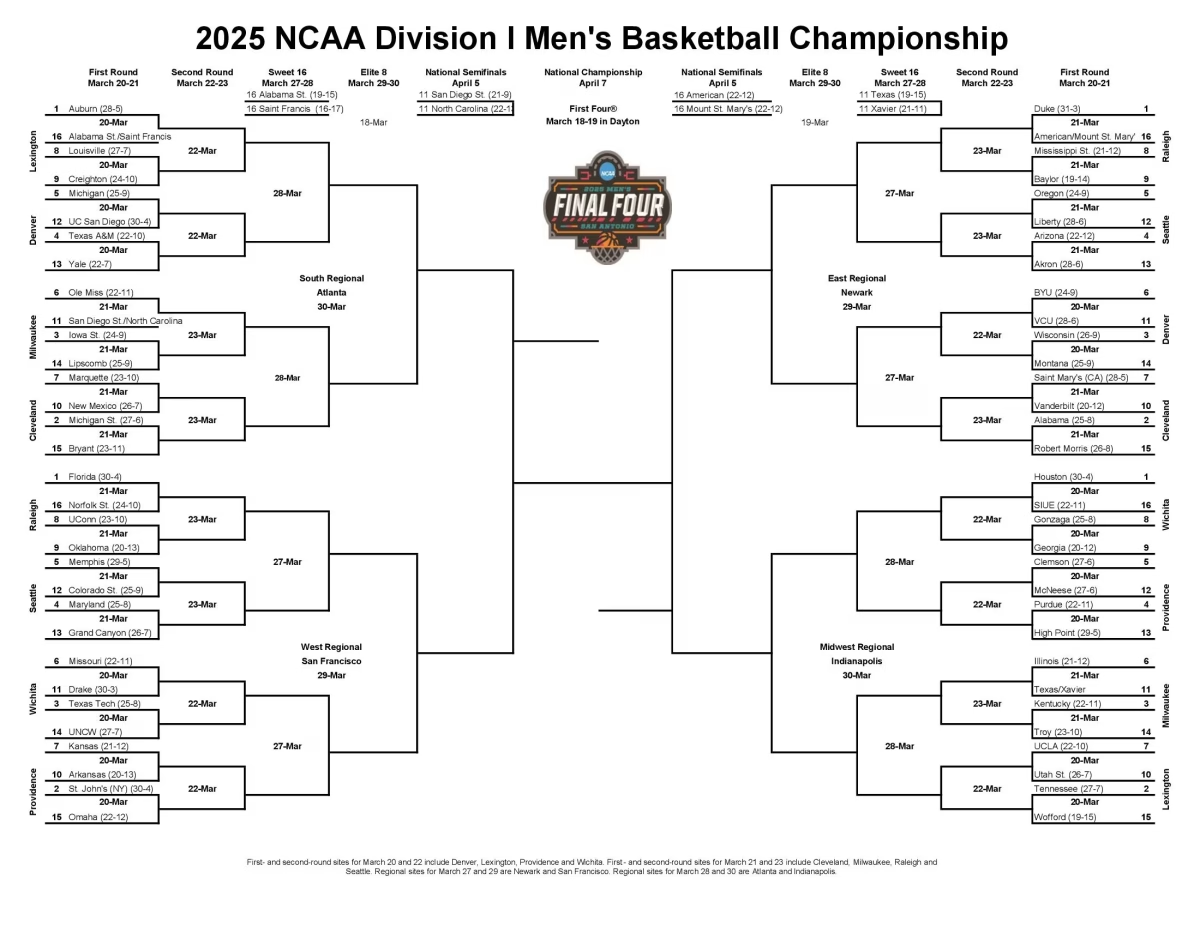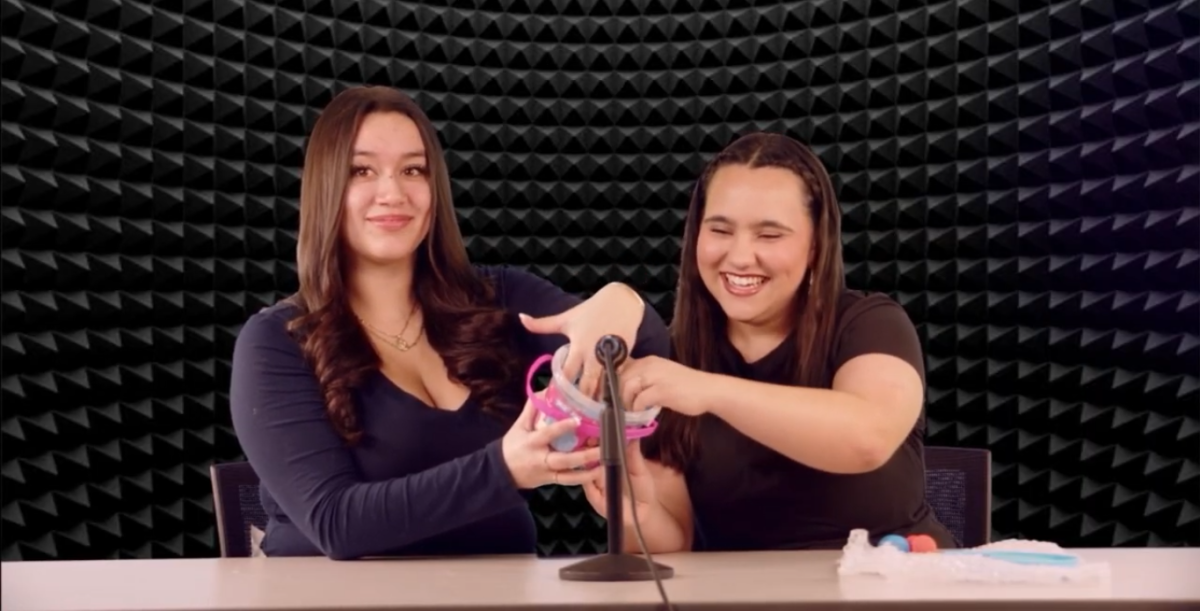In this article, you will learn about something that all EPHS students like to do: sleep. Most EPHS students are unable to get the recommended amount of sleep, I speak from experience. Sleeping is one of the most critical functions that all humans need outside of food and water.
There are many positive benefits that occur when you are asleep. These benefits include:
- Improving memory
- Brain development
- Weight maintenance
- Immunity to illness
- Affects emotions and social interactions
- Athletic achievement
- Cellular respiration
Studies show that it is better to sleep during the night instead of during the day. If you sleep during the day it will put you out of sync with the clock inside of your body, our circadian rhythm. This could lead to many side effects, such as: lower energy, lower mental performance, and a higher risk of health issues, including: diabetes, obesity, and depression.
What time should you sleep?
For high-school students at EPHS, the ideal time to sleep is 9:00-10:30 p.m. This is because the people that sleep after midnight have a 25% higher risk of developing a heart disease compared to those who sleep earlier. For individuals aged 18-25, the ideal time for people to sleep is 10:00-11:00 p.m. This is a critical time for people ages 18-25 to develop and to grow as individuals. Their personas change and they will be turning into adults, starting to be independent functioning human beings.

What is the ideal time to wake up?
The ideal time to wake up is 7 hours after the time you went to sleep. The World Health Organization says, “Good quality sleep is essential for good health and well-being. However, lifestyle and environmental factors are increasingly causing difficulties in sleeping. Sleep disturbance is frequently considered the most serious consequence of environmental noise” (The World Health Organization, 2022). This means that it is not about the quantity of sleep you get, it is also about the quality of sleep. Some people might only sleep 6 hours, while other people might sleep 8 hours. However, the person that slept 6 hours might have slept better than the person that slept 8 hours because of the quality of sleep.
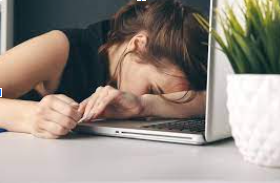
What could happen when you don’t sleep enough?
When you don’t sleep enough, there are many different negative health factors that play a role in your life including:
- Heart disease
- Kidney disease
- High blood pressure
- Diabetes
- Stroke
- Obesity
- Depression
What happens when you sleep?
There are many bodily functions that take place when you are asleep. The brain stores information and gets rid of waste. Nerve cells communicate with the brain to see which part of the body needs to recover, which is why after working out or playing a sport, it is critical that you go to sleep and let your body recover.
How long do you sleep in your lifetime?
People sleep about ⅓ of your life. To put this into perspective, the life expectancy is roughly 73.5 years which is 26,828 days. This means that people sleep about 8,943 days in their lifetime. Some people try to sleep less thinking that they are benefiting themselves but, they are actually hurting themselves in the long run.
For the people that have trouble sleeping, here are some tips below:
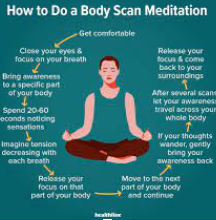 Controlled Breathing
Controlled Breathing
This method takes the longest to learn and do, but it is a great way to actually fall asleep. This method also makes sure that when you are asleep, you are actually getting quality sleep.
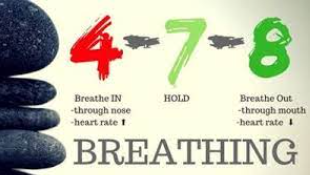 Body Scan Method
Body Scan Method
This is a visual of Dr. Andrew Weli’s 4-7-8 breathing technique. You are supposed to breathe in with your nose for 4 seconds which increases your heart rate. Then you hold your breath for 7 seconds and lastly, breathe out through your mouth for 8 seconds. This method causes your heart rate to slow down.
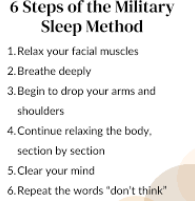 The Military Method
The Military Method
Here are the 6 steps to complete the Military Sleep Method. This is also one of the most effective methods on the list. This method works well because it is practiced by the US Army to sleep through gunfire while in combat. There are specific instructions you need to follow to successfully complete this method. Look at the photo on the left for the instructions!
Conclusion
In conclusion, it is important that you get the recommended minimum of 7 hours of sleep. There are a lot of positive effects of sleep that every EPHS student needs. On the other hand, there are also a lot of negative effects for not sleeping. That is why the EPHS students need to balance all of the positives and negatives.
Works Cited:
Bryan, L., & Singh, A. (2024, January 16). Can’t Sleep? 8 Techniques You Can Do. Sleep Foundation. Retrieved March 21, 2024, from https://www.sleepfoundation.org/insomnia/treatment/what-do-when-you-cant-sleep.
Steinberg, M. (2023, July 10). Top Story: Practice the Military Sleep Method to Fall Asleep in Mere Minutes (Naturally). Medical School. Retrieved March 22, 2024, from https://med.umn.edu/news/top-story-practice-military-sleep-method-fall-asleep-mere-minutes-naturally
WHO. (2022, September 30). Making sure newborns and children under 5 years sleep safely. World Health Organization (WHO). Retrieved March 21, 2024, from https://www.who.int/tools/your-life-your-health/life-phase/newborns-and-children-under-5-years/making-sure-newborns-and-children-under-5-years-sleep-safely.



